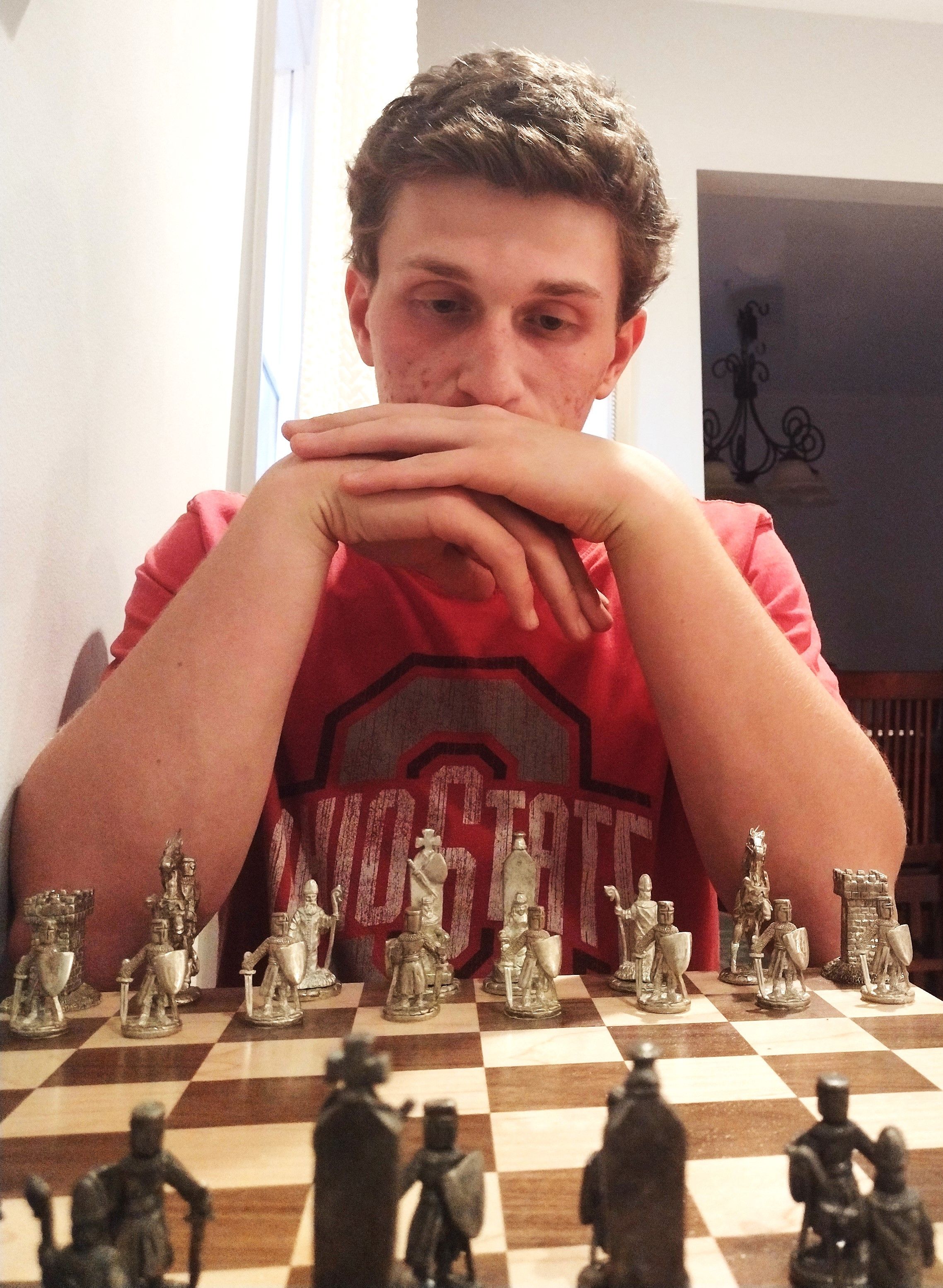
Can Chess Change Your Brain?
Can chess change your brain?
The mind of a chess player sitting at the board jumps from memorization, to visualization, to reasoning, to pattern recognition. All of which are necessary for a chess player to succeed in a chess game. Therefore, it would make sense that over time, perhaps over thousands of games, the brain would change itself to be better at chess. While this might seem outrageous, research has shown this to be true in the case of mental athletes. In a study conducted by various brain experts, researchers found that while there is no structural difference between the brains of professional memory trainers and average people, the patterns of brain activity are quite different (Dresler et al.) In fact, professional memory trainers had significantly more brain activity in the parts of the brain that are used for visualization (Dresler et al.). This makes sense because many elite memorizers use visualization techniques to help them memorize things. So does this apply to chess?

Well, one would speculate that it would apply to chess. Think about all the times you see Hikaru or Magnus staring at the ceiling trying to remember their prep. Is their brain activity different from the average Joe?
In theory, the same science should work for both the professional memorizer and the elite chess player. One would assume that over time, elite level chess players have had their brain activity change to allow them to be better at pattern recognition and memorization.
However, with all of this there is still a lot more to be researched. After all, professional memory trainers have a specific method of visualizing that average people don't use. Therefore a chess player's brain activity would only be different if they had a different method of thinking that forced them to use a different part of their brain. So do they?
There is so much about the mind of a chess player that we still don't know.
Works Cited
Dresler, Martin, et al. “Mnemonic training reshapes brain networks to support superior memory.” Neuron, vol. 93, no. 5, 2017, https://doi.org/10.1016/j.neuron.2017.02.003.
